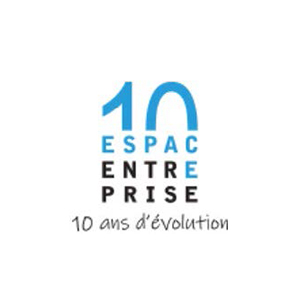
Skills strategies for a sustainable world of work
A guide for Chief Human Resources Officers (CHROs)
This guide aims to inform and inspire CHROs and HR decision makers that are setting out upon the skills development journey.
About this guide
WBCSD’s Future of Work project established a dedicated working group for businesses to share experiences, distil best practices, develop collaborative solutions and address key issues around skills development. In this regard, WBCSD’s members worked closely with the Global Apprenticeship Network (GAN Global), a leading organization in the promotion of work-based learning to empower people and businesses.
Drawing upon these rich discussions, WBCSD and GAN are pleased to present this report that aims to inform and inspire CHROs and HR decision makers that are setting out upon the skills development journey. It presents a wide range of effective and appropriate skills strategies and pipelines, leveraging interviews with senior HR professionals and showcasing solutions from 16 leading organizations.

Part 1
Part 1 provides the big-picture context describing the three main forces driving changes in the world of work: rapid technology evolution, global socio-economic trends and the shifting expectations of workers.

Part 2
Part 2 presents the skills mismatch as a key challenge for business and society and highlights the risks of not addressing it. After introducing skills development as a key to a sustainable world of work, this part outlines specific actions CHROs can take to kick-start their companies’ skills strategies for the new world of work based on real-life business experiences.

Part 3
Part 3 explores five crucial steps to develop a forward-looking skills strategy. For each step you will find a description, key questions to consider and short case studies from different organizational realities, bringing these steps to life.
The guide is further complemented by case studies from 16 organizations from across the world, each covering the business need for action, the target audience, key activities and how impact was measured.
Action points for CHROs
There are a number of actions you, as CHROs, can take to get started on developing your impactful skills strategies for the new world of work.

Think long-term about your skills development strategies

Analyze your company’s situations and choose the best suited solution(s)

Empower and engage your employee base

Build partnerships and collaborate

Develop programs that promote diversity, inclusion and access
Five steps to your skills strategy for a sustainable world
These are the five steps organizations typically take to develop their skills strategy, with approaches adapting to the specific context of an organization.
Assessing the business need
Clearly identify the key business priorities and how skills development feeds into them.
Laying the cultural foundation
Evaluate and adjust policies, processes, and incentives to reinforce and encourage a culture that supports the organization’s upskilling efforts.
Defining and sending the new demand signals
Effectively communicate the company’s skills demand to relevant stakeholders.
Developing and implementing an upskilling program
Ensure the initiative is developed and implemented in the most efficient way.
Measuring the success of an upskilling program
Assess the success in terms of upskilling people and delivering on the initiative’s intended objectives.

























